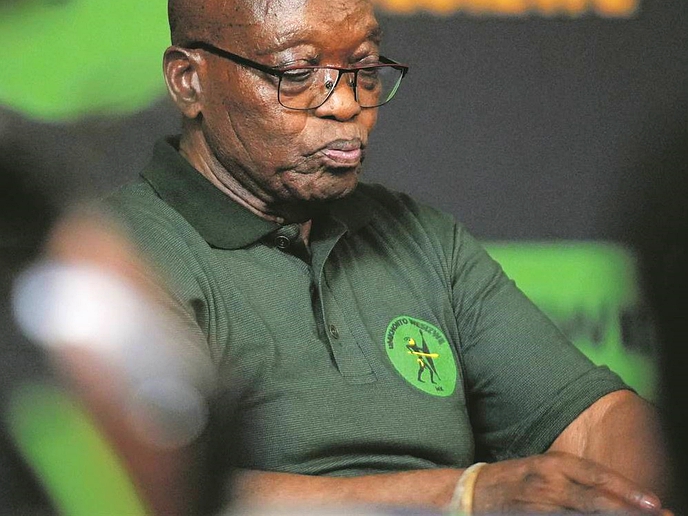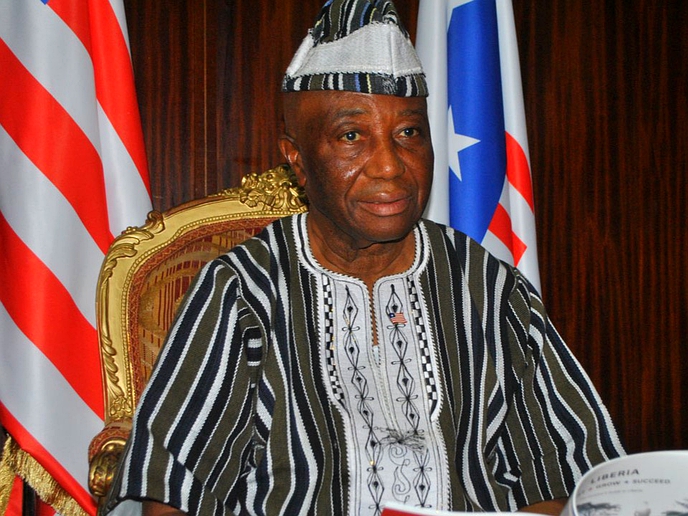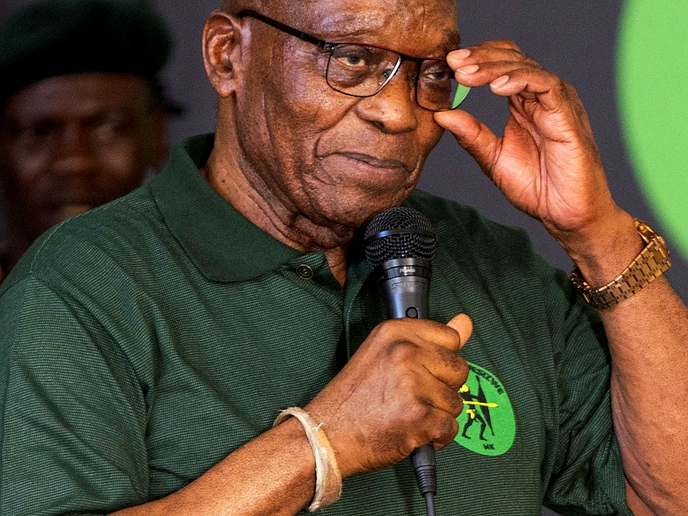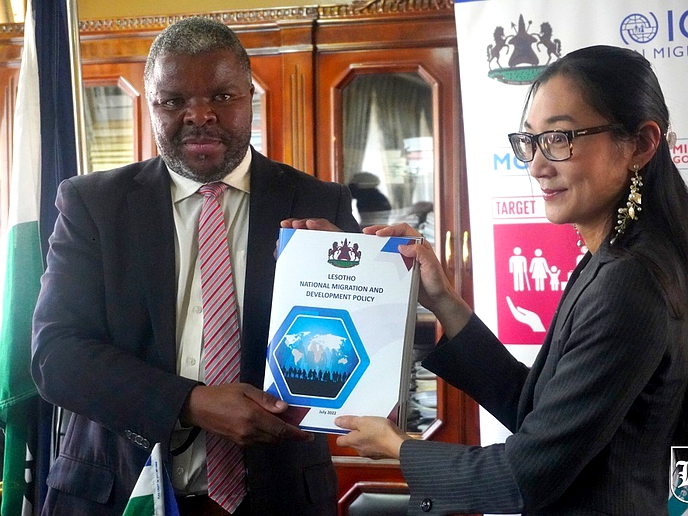AFTER the 2012 Mangaung ANC conference elected Cyril Ramaphosa as party deputy president, some of the first questions he faced were about his wide-ranging business interests. A review was started.
africa
Sept. 30, 2022
OWN CORRESPONDENT
4 min read
Phala Phala dollars came from animal sales - Ramaphosa
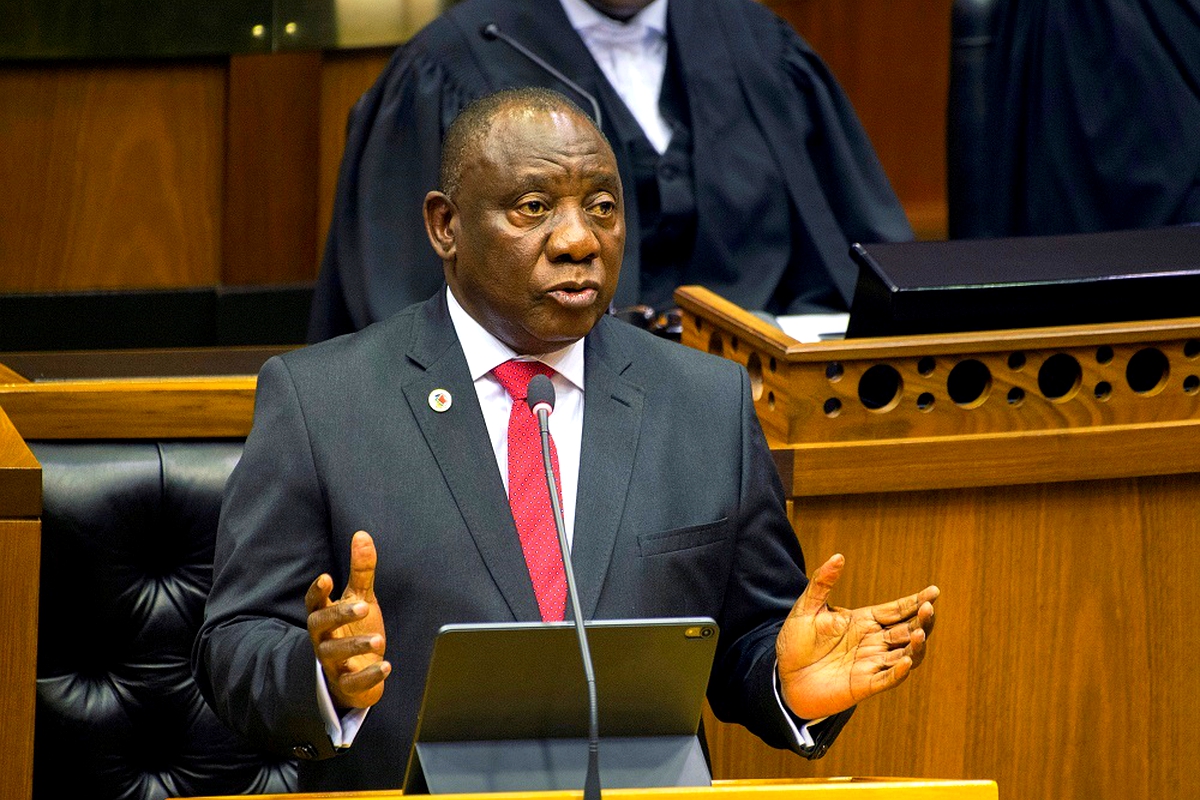
SA President Cyril Ramaphosa
Story highlights
And when Ramaphosa became Deputy President of South Africa after the 2014 elections, many of these business interests had been shed — in 2013, he stepped down from the Mondi board and before that, on 16 August 2012, from the board of Lonmin, where the police had killed 34 striking Marikana miners.
Other business divestments followed, in compliance with the executive ethics code, and to avoid conflicts of interest, leading to a “complete divestment” from the Shanduka Group, according to the then deputy president in a statement on May 24, 2014.
“In the interim, my family’s interests will be held in blind trusts,” he said in that statement.
Now President, Ramaphosa on Thursday told MPs that never quite happened.
“Initially, the intention was a blind trust. I do not intend to do any other form of business except in the agricultural sector [game and cattle farming]. In the end, no such [blind] trust was formed.”
But all financial and other interests were declared, Ramaphosa said.
This was in response to a question from African Transformation Movement (ATM) leader, Vuyolwethu Zungula.
In the parliamentary disclosures, Phala Phala as such was not publicly declared, but game and cattle farming was, as Ntaba Nyoni Estates and Ntaba Nyoni Feedlot. Both also featured as part of directorships and partnerships.
As of 2017, the cattle farming Ntaba Nyoni Feedlot was valued at R6 070 450, while the game farming Ntaba Nyoni Estates had more than doubled in value to R120 735 000.
Phala Phala, as such, was not declared as a residence in the public section — although it may be in the confidential section — of the parliamentary register of members’ interests that Ramaphosa would have completed as ANC MP and Deputy President from 2014 to 2017.
After being elected President in February 2018, Ramaphosa resigned his parliamentary seat, and since then has made his declarations to the Presidency director-general at the Union Buildings.
But Thursday was important on another level.
After months of facing off bruising questions and disrupted sittings in Parliament, Ramaphosa’s tactics of invoking “due process” changed in an apparent effort to improve the optics.
“I have said and admitted there was a theft on the farm and I reported that to a general in the SAPS, who later informed me he had reported it to another general. I deny there is any form of money laundering. I have said it publicly, it was the proceeds of sales of game,” Ramaphosa told MPs.
“I have been a cattle farmer and a game farmer for a number of years. I have disclosed that here in Parliament and to the secretary of Cabinet [the Presidency director-general].”
None of that is particularly new. Shortly after the theft of dollars stuffed into sofa cushions at Phala Phala emerged in early June — ex-spy boss Arthur Fraser laid charges over the February 2020 theft — Ramaphosa told the Limpopo ANC conference: “I’m a farmer. I’m in the cattle business. I’m in the game [farming and selling] business. This was a clear business transaction of selling animals.”
On Thursday, opposition MPs finally could fire off the follow-up questions to the Phala Phala theft pending from the disrupted presidential Q&A slot at the end of August.
Enjoy our daily newsletter from today
Access exclusive newsletters, along with previews of new media releases.
Ramaphosa stayed on the message of his being accountable and not involved in any dodgy dealings, abuse of power or conflicts of interest, financial or otherwise.
When asked whether it was a conflict of interest to have reported the theft of what has been described as the proceeds of animal sales only to his protection detail boss, Ramaphosa said it was not.
“In my own conclusion, there has not been a conflict of interest,” Ramaphosa told DA leader John Steenhuisen.
Strictly speaking, the President may be quite correct.
Clause 34(1)(b) of the 2004 Prevention and Com0bating of Corrupt Activities Act simply says that theft of more than R100 000 or just a suspicion of theft, fraud, extortion or forgery must be reported to “any police official”. The head of the Presidential Protection Services would qualify as a police official.
Ramaphosa, cleared of the possibility of a parliamentary ad hoc committee’s public hearings into the conduct of public entities in the Phala Phala scandal, hammered home his participation in various investigations.
By the President’s own count, eight entities are investigating the forex theft at his Phala Phala farm that was, at the time, not protected by police.
It wasn’t clear whether the Section 89 impeachment inquiry was included in the eight entities, as the independent panel that will assess whether the President has a case to answer, has not yet started its work.
Leafing through a lever arch file at the podium in the Good Hope Chamber, Ramaphosa found the right page.
“There are eight institutions that have been processing this matter and conducting thoroughgoing investigations. In some instances, they have also questions of clarifications,” said the President, describing the process as “very tough” and without bias against him.
“My cooperation has been solid and it continues. I have not held back. It’s good for governance and accountability,” Ramaphosa insisted on Thursday. - DM
Tailored for you



